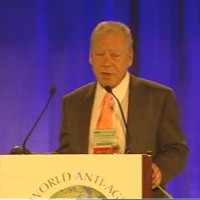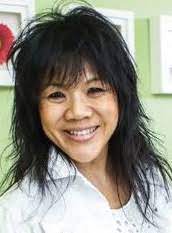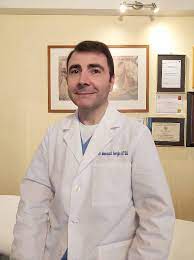Keynote Forum

Magnus S. Magnusson
IcelandTitle: T-pattern Self-similarity Theory of Mass Societies and the Danger of Textual Viruses
Abstract:
The scientific biological study of behavior is notably recent. Only in 1973, a Nobel Prize in Physiology or Medicine was shared by three Ethologists (ethology being the biology of behavior), N. Tinbergen, K. Lorenz, and K. von Frisch. Their work inspired much research in animal and human ethology including this half-century project recently described in Magnusson (2020) “T-patterns, external memory, and mass-societies in proteins and humans: In an eye-blink, the naked ape became a string-controlled citizen”. The primary result is the T-pattern self-similarity theory of mass societies, which relates protein and human mass societies based on T-patterns. Self-similarity between these mass societies appeared suddenly after billions of years of evolution with the advent of writing, just a few thousand years ago. A stunning self-similarity across some eight orders of magnitude, but until very recently just as invisible and unknown to humanity as were galaxies to Einstein in 1917. The main steps leading to the present view are here shown from temporal T-pattern definition and detection in interactions between children, animals, and brain neurons to their detection as spatial T-strings in the inert purely informational DNA and texts, the essential molecular and textual external memory strings of protein- and human mass societies. The widespread occurrence of T-patterns and T-strings across such different sizes and organizational levels may explain their easy access to humans even thousands of years after their creation. Some T-strings, whether molecular or textual, may function as viruses and damage the lives of millions. Sacred texts include such textual viruses often of great danger, notably to women. The biomathematical structural and functional similarity of textual and molecular viruses suggests treating them similarly.
Biography:
Magnus S. Magnusson, Ph.D., Research Professor Emeritus, founder, and director of the Human Behavior Laboratory, University of Iceland. The author of the T-Pattern Self-similarity Theory and the dedicated THEME T-Pattern detection and Analysis (TPA) software (PatternVision.com) initially focused on the real-time organization of behavior. Co-directed the two-year Icelandic Research Council project “DNA analysis with Theme”. International conference talks and keynotes in ethology, neuroscience, mathematics, psychiatry, religion, proteomics, A.I., and nanoscience. Deputy director, Anthropology Laboratory, 1983-1988 in the Museum of Mankind, National Museum of Natural History, Paris. Then repeatedly invited Professor at the University of Paris VIII, XIII, and V until 1993. Works in the formalized inter-university collaboration network MASI, between 38 European and American universities initiated in 1995 in the University Rene Descartes Paris V, Sorbonne based on “Magnusson’s analytical model”.
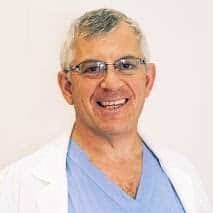
Prof. Ariel Revel, MD
IsraelTitle: Global Rare Diseases Marketing Trends and R&D
Biography:
Prof. Ariel Revel, MD Born in Strasbourg, France. Father of four. grew up in Rehovot and completed medical studies at the Hebrew Univ. Specialization in Hadassah Mount Scopus. Specialization in minimally invasive gynecological surgery and fertility medicine at the University of Toronto, Canada.
Specializations in hysteroscopy from the University of Paris. He served as the chairman of the Jerusalem branch of the Israeli Association of Obstetrics and Gynecology, the treasurer of the Israeli Fertility Research Association and a member of the endometriosis team of the European Fertility Society ESHRE. Visiting professor at Oxford and Stanford.
A pioneer in ovarian cryopreservation and transplantation.
Studied cinema at the Hebrew Univ. Wrote and directed short films and hosted a TV show. Currently teaching biology at high schools. Performing endoscopy mostly hysteroscopic surgery. Medical affairs director at Kadimastem working on cells for curing diabetes and ALS treatment. See more in www.Kadimastem.com. Amateur pilot. Lives in Tel Aviv and volunteers at the Etgarim Association and the Physicians for Human Rights Association. Hobbies include snowboarding and triathlons.
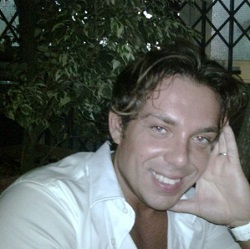
Dario
ItalyTitle: Rare Skin Diseases
Biography:
Dario Furnari is a Clinic Manager and Rehab & Health Scientist at the St Magnus Hospital and Clinic Spa Manager, Lecturer, Researcher, Consultant Neuroscience at Aesthetics. His research interests are Neuroscience, Neurophysiology, Rehabilitation, Physical Therapy, Physiotherapy, Exercise Physiology.


